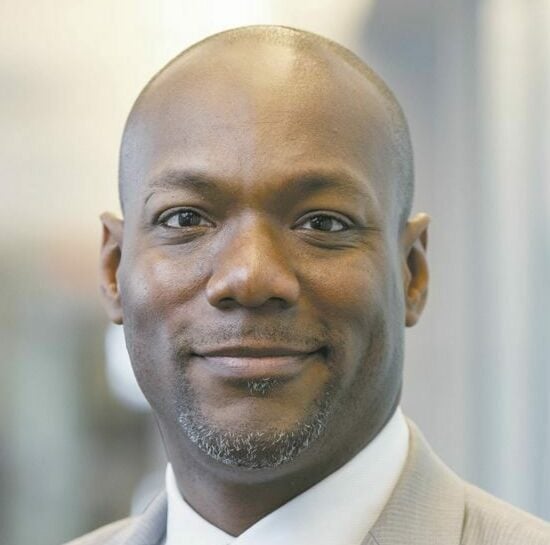The Book of Acts in the Bible is, primarily, a history of the founding of the Christian church.
It is in Acts, for example, that we learn about the astounding spread of Christianity from a small sect in Jerusalem to its expansion to Rome, and ultimately to “the uttermost parts of the earth.” We also learn in Acts that the people who had first been known as “followers of the Way” became known as “Christians” at a place called Antioch (in what is now Turkey).
Acts also offers a glimpse into the ethnic chauvinism and cultural bias that have always been a part of human interaction. (Social scientists call this phenomenon “primordial xenophobia.”) Thus, it should not be surprising that such biases have been part of the church since its founding. For example, the first seven verses of the sixth chapter of Acts exposes a rift between two groups of Jewish converts to Christianity.
One group is categorized as “Hebraic” Jewish people. This group was composed primarily of Jerusalem-centric Jewish people who primarily spoke Aramaic — the language that Jesus is thought to have primarily spoken. They were culturally Jewish, which led to a great deal of turmoil as Christianity evolved into its own distinct religion.
By contrast, most Hellenistic Jews would have come from the “Diaspora” (i.e., the dispersion of Jewish converts to Christianity outside of Israel). Though they were Jewish, their culture would have primarily reflected Greek influence. Further, most of them likely spoke Greek in their daily lives as it was the lingua franca at that time. In fact, some Bible scholars suggest that they might not have spoken Hebrew at all.
On the surface, the opening lines of the chapter might appear to be little more than a dispute about the unequal distribution of food among widows. Obviously, people often get testy when they don’t have enough to eat. However, looking more deeply leads one to understand that there is much more going on. Specifically, the Hellenistic widows believed that they were being discriminated against based upon their cultural background.
At this point, the Twelve Apostles decided to intervene. On the one hand, they understood that this squabble had the potential to derail their primary mission, which was to spread the euangelion (i.e., the gospel) of Jesus Christ. Thus, there was a practical reason to respond to this dispute. There was also a spiritual reason to do so, which is reflected in the fact that they directed their followers to choose “seven men of good reputation, full of the Holy Spirit and wisdom” to moderate the problem.
Most biblical scholars argue that these seven men were the first deacons. The fact that the Apostles emphasized their spiritual maturity is important. When a minority group raised an objection to ethnic discrimination, Christian leaders understood that such exclusion is, among other things, a spiritual matter. They dealt with that matter head on.
In short, the Apostles took the time (1) to recognize the issue of discrimination and (2) made the affirmative decision to eliminate it. They did not ignore it. They did not make excuses for it. They understood that, throughout the Old Testament (which is the only Bible to which they were likely to have had access) makes it clear that God is always on the side of the oppressed and the excluded. This episode is just one of hundreds that I could cite.
Tragically, this is the polar opposite of the approach that most white evangelical churches take today regarding racial and ethnic discrimination. Worse, given the toxicity in our contemporary culture, many of them would deride the response of the Apostles as being “woke” — whatever that means.
At the beginning of the Christian church, leaders had compassion for those whom Jesus called “the least of these”. Today, church leaders often greet diversity, equity, and inclusion (DEI) with hostility. Hebrews 13:8 declares, “Jesus Christ is the same yesterday, and today, and forever.”
Unfortunately, millions of those who call themselves Christian have decided not to follow His lead.






The comparison is not accurate or fair. For although there are some shallow similarities, the woke culture today promotes open rebellion and sin. Therefore, it is a lie of the devil and the truth is not in it. The author should repent, and examine to seen if they are in the Faith or not.
Comments are closed.